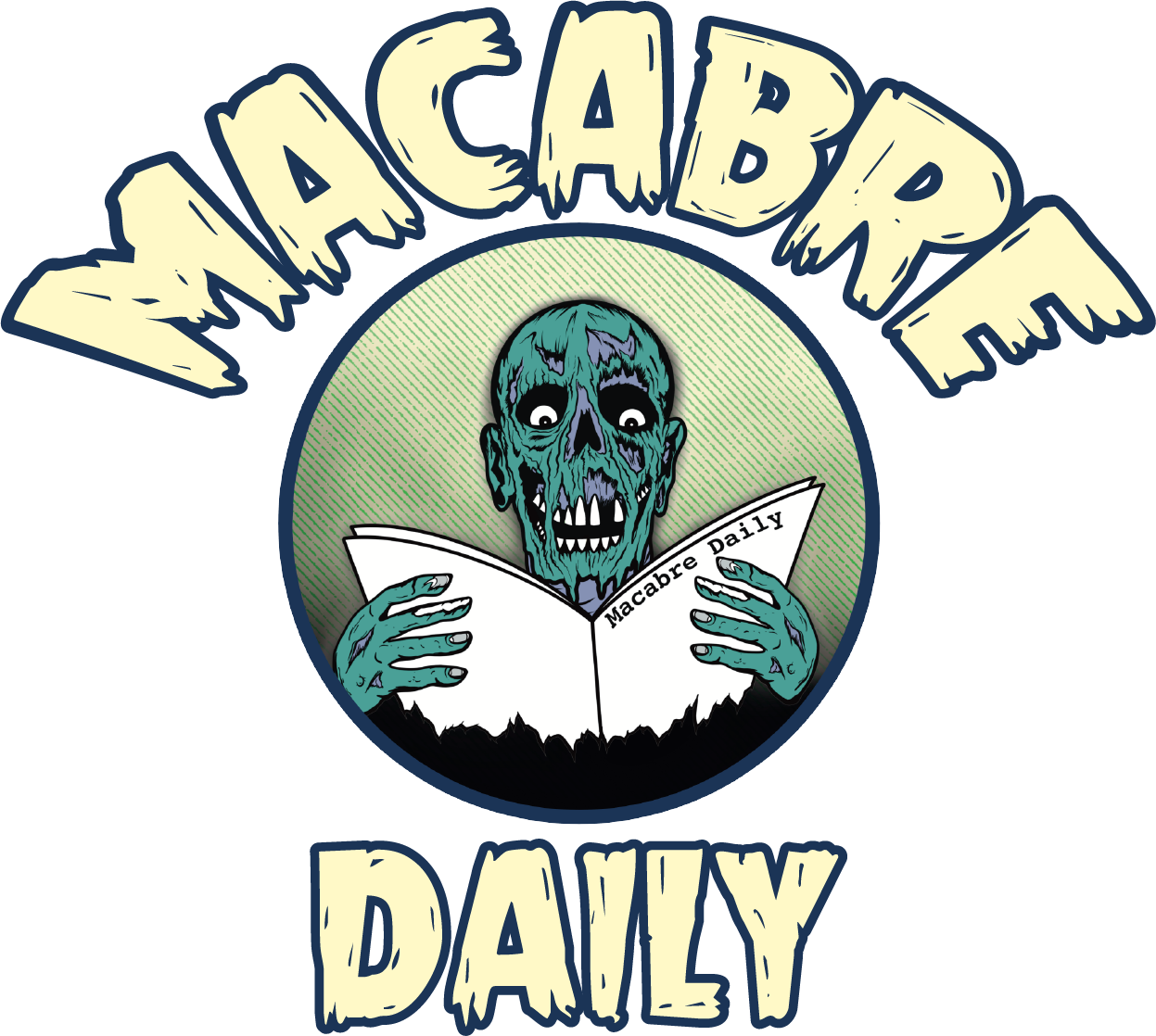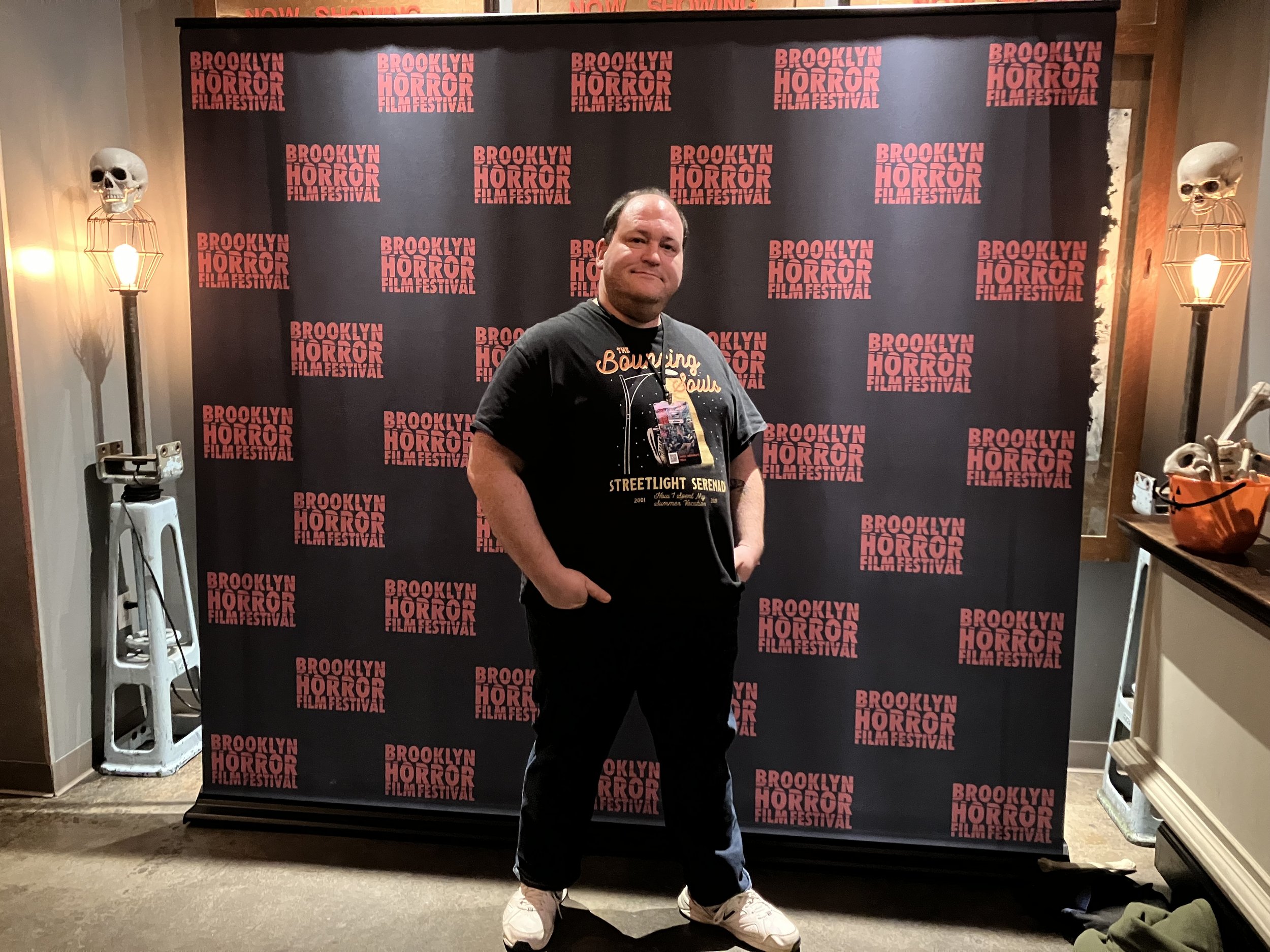“In Search of Madness:” We LOVED “GENERATION TERROR” (2024) at the Brooklyn Horror Film Festival! (REVIEW)
For the record, we here at Macabre Daily are absolute suckers for horror documentaries. There’s no reality in which we weren’t going to love “Generation Terror,” the latest from Phillip Escott and Sarah Appleton of “The Found Footage Phenomenon”, exploring the state of horror at the turn of the millennium. If anything, we wanted it to be longer.
Horror was in flux by the end of the 20th century, As it entered the 21st, it transformed before our eyes into something new, yet familiar. Brutal, yet contemplative. The doc goes chronologically to chart the history of American horror films, starting in the seventies, and continuing into the mid 2000’s. Appleton and Escott lay a lot of groundwork before getting to the decade in question, but it’s all pertinent and entertaining. It’s also a necessity, as several parallels are made between the 1970’s and the 2000’s. We’ve always known there was a direct line between “The Texas Chain Saw Massacre” and "House of 1,000 Corpses,” as Rob Zombie’s film is a loose remake of Tobe Hooper’s classic. “Generation Terror” posits that “House” is a full-circle moment for the whole genre. As podcaster Prince Jackson points out, the 2000s were the “unfinished business era,” continuing what was started decades before in terms of grit, messaging, and shock value. It’s a fascinating idea that digs below the surface of boilerplate observations about horror.
There’s also a major focus on the 1990’s. “Scream” had changed the game, but there was so much more happening, especially as we reached the year 2000. “People had the luxury to be nihilistic” waxes Vincenzo Natali about the period before 9/11, where horror got considerably meaner and bleaker than before. Man’s inhumanity to man is on full display, which led to the common, but maligned moniker “torture porn.” Even the making of a few films was fraught with danger and controversy. Highlights include William Malone claiming that the Luxembourg production of “Feardotcom” was so strained, that they found people willing to be tortured on screen for money. Glen Morgan discusses how the Weinsteins attempted to ruin the first “Black Christmas” remake by, well, being the Weinsteins (I'm sure there’s a full documentary about the malfeasance behind Dimension Films, but that’s another story).
Director Phillip Escott and horror writer Tori Potenza introduced the film and had a Q&A afterward. It was also Potenza’s birthday (yes, the film is good enough to make someone want to work on their birthday).
Remakes and international horror are also put under a microscope in new and interesting ways, as they were pillars of horror at the time. After all, you can’t have a subgenre about how the world lost its mind without including filmmakers from other countries. Escott and Appleton explore the trajectory of Alexandre Aja as a perfect example of how a European filmmaker, inspired by American horror, broke into the mainstream with “High Tension,” leading to his full-circle remake of the American classic “The Hills Have Eyes.” After all, some of the best filmmakers of the era were hired to remake classic films. I never realized it was much more of a mandate from the studios than an homage to a bygone era. The pieces are all there, but the film recontextualizes what we may already know to link its themes and subjects.
“Generation Terror” trods mostly to the same ground as Ariel Powers-Schuab’s “MIllennial Nasties.” Luckily, Escott and Appleton employ Powers-Schaub as one of many talking heads, along with a veritable murderer’s row of interviewers. We hear directly from people who were there when it happened (Joe Lynch, Adam Wingard, Neil Marshall, Simon Barrett, Zombie, and his wife, actress Sheri Moon, and Xavier Gens, to name a few) to the next generation of horror writers (Jackson, Powers-Schaub, Amber T., and Zoe Rose Smith) who came to love the period’s gruesome, yet thought-provoking output. Audiences may remember these films as “torture porn,” but most of the horror films of the 2000s were about how terror and madness are right in our backyards. As “Saw IV” writer Thomas Fenton opines, “karma porn” might be more appropriate. “Fuck around and find out” could have been the tagline for the decade. Escott and Appleton found out and put it all on screen. Well, hopefully not “all.” I’d watch a three-hour cut of this and I know I’m not the only one.
Screened at the Brooklyn Horror Film Festival.
Stay up to date with “The Dark Side Of Pop Culture” by following Macabre Daily on Instagram, Facebook, and Twitter.













